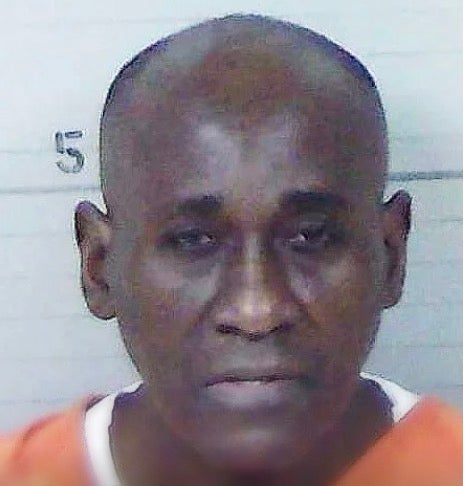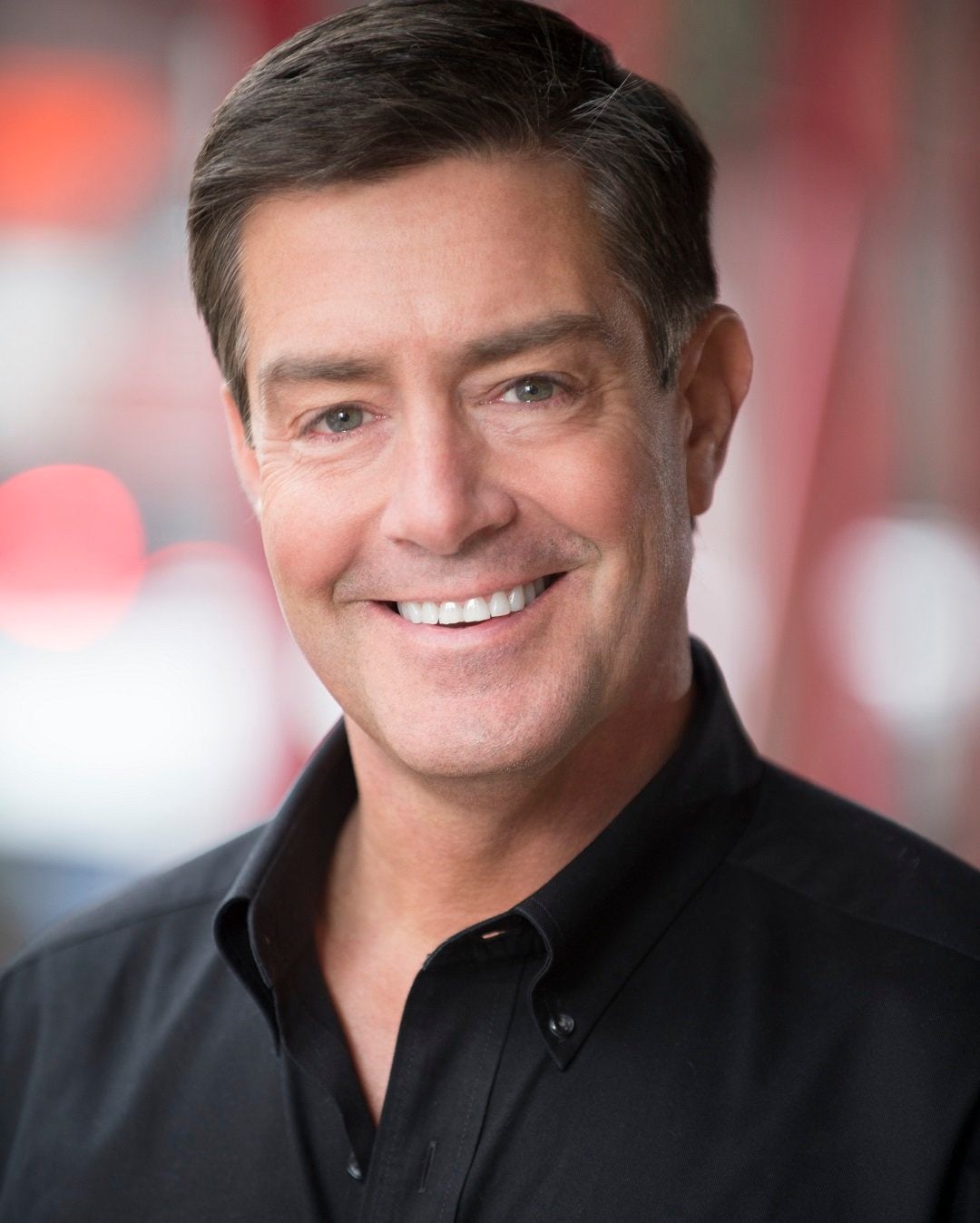With millions in unreported income and an identity unknown to the government, alleged House of Prayer Christian Church mastermind Rony Denis will remain in jail without bond.

About five hours into his Wednesday detention hearing in U.S. District Court in Augusta, however, Denis said he was sick and court adjourned without ruling on his release.
Denis is one of two House of Prayer officials still in custody after FBI agents arrested eight last week on a 26-count indictment for their roles in stealing millions in military benefits through a network of churches and real estate fraud. A ninth is charged with sex abuse involving a minor.
Lead prosecutor in the case Patricia Rhodes spent much of Wednesday afternoon demonstrating how Denis’ unknown identity makes him an extreme flight risk. Witness Todd Cart from the Department of Homeland Security testified about the array of documents Denis allegedly used to make his way into the United States, the Army and eventually to becoming a U.S. citizen.
Denis’ attorney Steven Sadow, the former lead counsel for Donald Trump in his Georgia election interference case, raised numerous questions about the documents, such as why they contained inconsistent birth dates and other details.
The real Rony Denis
The real Rony Denis arrived by boat at the Port of Miami from Haiti in October 1980 seeking asylum, Cart testified. He was assigned an alien number and later obtained a social security number. In 1983 he requested replacement immigration documents, saying his own had been stolen. He was positive for HIV and died in 1989.
The real Denis, Sadow noted, had arrived in the country without any documentation himself.
The House of Prayer leader Rony Denis, meanwhile, used the actual Denis’ name, birthdate and alien number to join the Army. An Army recruiter would have been expected to verify the enlistee’s immigration papers, said Cart.
Using a false name and ID numbers to join the military “alone, is sufficient to deny him bond,” but there are several other reasons, including his access to “considerable funds,” Rhodes told the court.
Income hidden through layers
During the years 2018-2020, the IRS determined Denis had unreported income of more than $5.7 million, Rhodes said. The church took in $2.8 million in unreported income, she said. And the church Denis’ inner circle moved funds around “like a shell game” through hundreds of accounts and transactions that tended to lead back to Denis’ pockets, she said.
Rhodes showed the court a 2018 check for $800,000 written to Denis. He used the funds toward the purchase of homes in Palm Beach, Fla., and nearby Martinez, she said. FBI agents and sheriff’s deputies arrested Denis at his $1.5 million home in the gated subdivision.
Authorities have broken the organization’s fraud into two main schemes: One diverted millions in GI bill payments into strict, but worthless House of Prayer seminaries, despite the programs being ineligible for the funding. The other was an elaborate real estate scheme in which church members were used as straw buyers to fraudulently purchase homes used to generate church leaders’ profits.
The wealth was used to purchase luxury automobiles including two Rolls Royces and two Bentleys, Rhodes said.
Church business practices
The other defendant still in custody, Anthony Oloans, served a key role as liaison between Denis and the enterprise, she said. Oloans delivered daily reports and thumb drives containing copious amounts of information such as account logins, security questions, mortgage information and the identities of all participants. Oloans was scheduled to have a detention hearing Thursday.
The documents were kept in folders known as the “hooch,” Rhodes said. Recordings will reveal defendants commenting about the need to “clean up the hooch,” she said.
Prosecutors also believe Denis’ extreme influence on his congregation would lead to intimidation of witnesses, she said.
Recordings will show members reporting being afraid to leave and harassed and threatened if they tried. Denis held a meeting on the topic, “how to stay ahead of the FBI,” she said. Members were instructed to do exactly as Denis said, even if it included consuming unknown substances, she said.
Denis is known as the “ultimate decisionmaker,” she said. “Nothing happens without his approval.”











